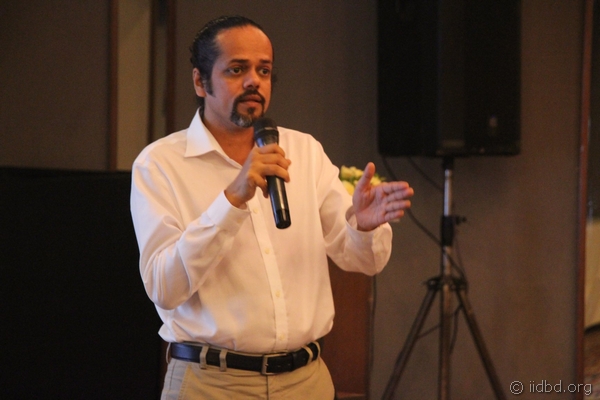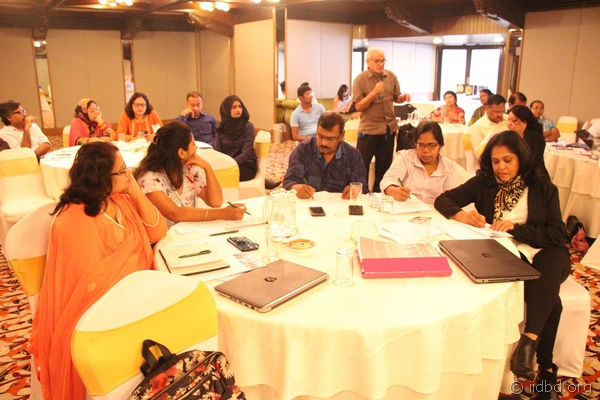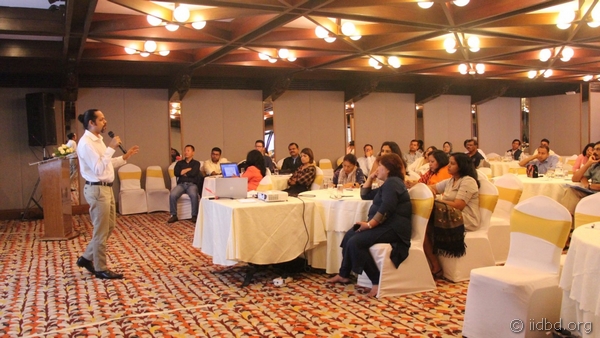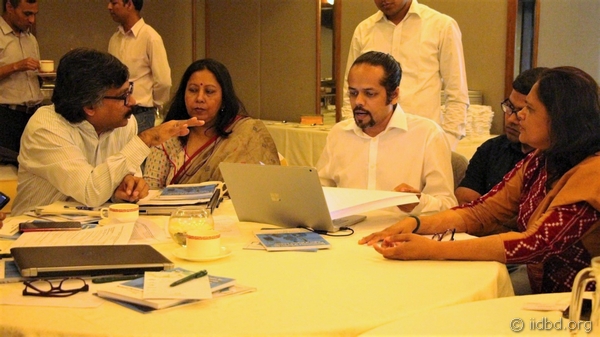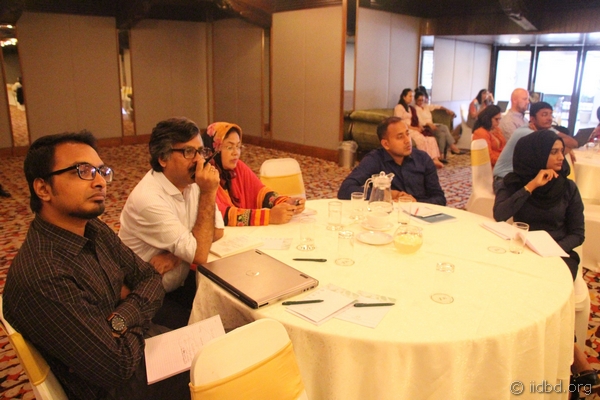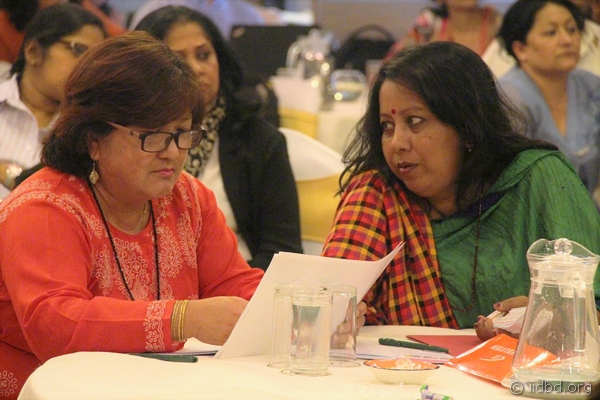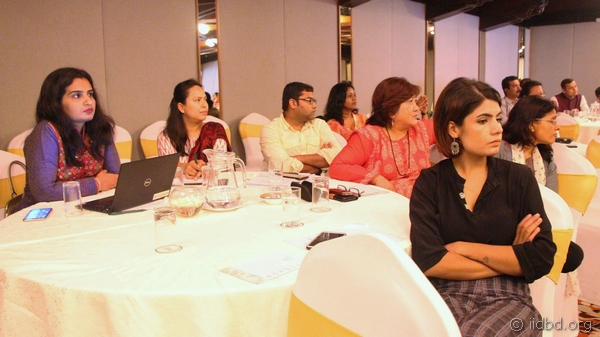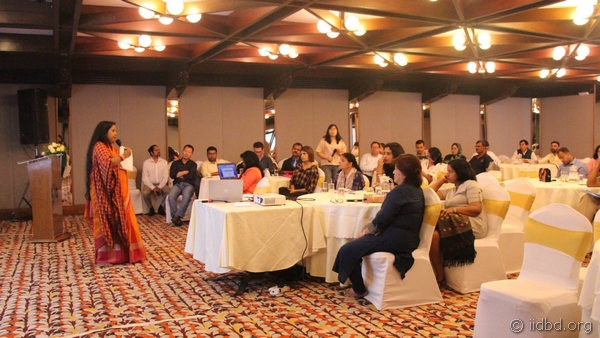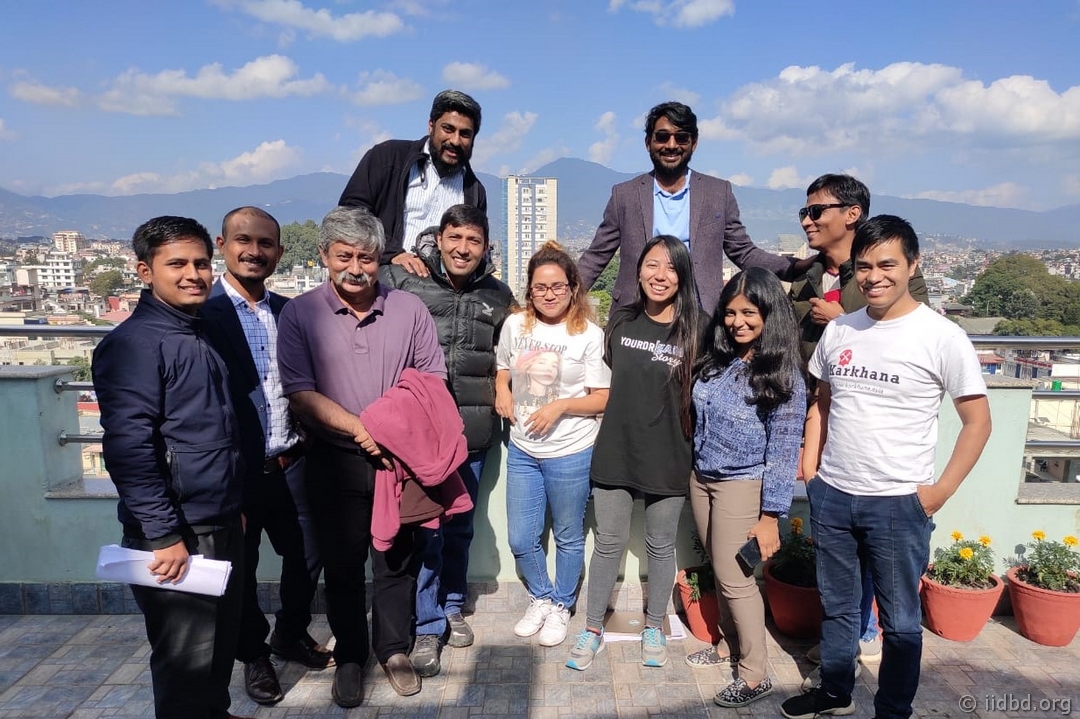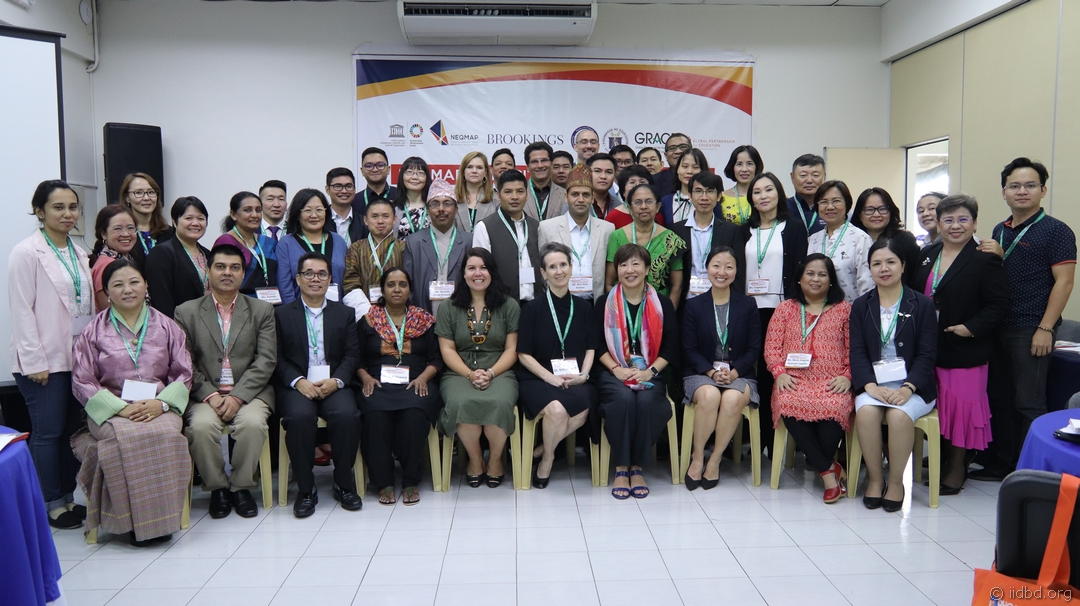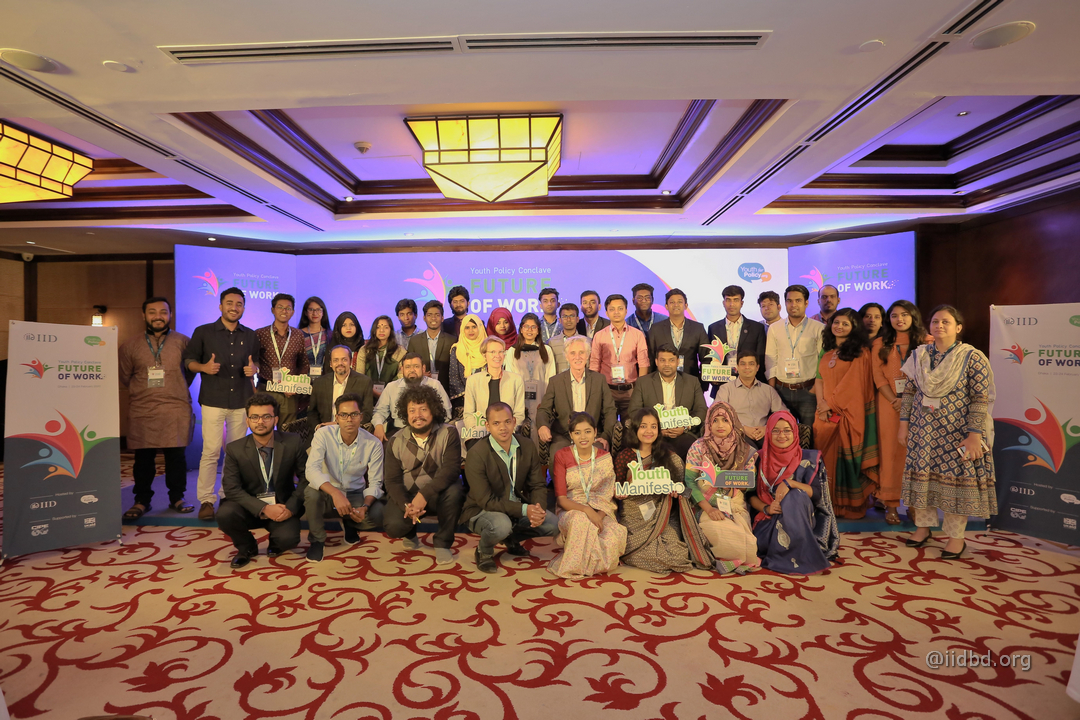South-south cooperation among both the govt. and civil society stake holders of south Asian labour sending countries can ensure better migration governance through learning sharing.
South-south cooperation is a technical cooperation among developing countries in the global south. Because of the huge population in the south Asia region, we are some of the major labour migrant sending countries in the international labour market. Partnership among the state international organizations, academics, civil societies and private sectors among those countries can increase the collaboration. While, the sharing of knowledge, skills and initiative can help improve the migration governance in the area.
These issues came up in the “Sub-regional Consultation on the Implementation of the Global Compact for Safe, Orderly and Regular Migration (GCM)” from 4th to 6th July 2019 in Kathmandu, Nepal. Civil society leaders from across south Asia gathered together in Kathmundu to discuss & prioritize the advocacy areas of GCM, Colombo Process (CP) and Abu Dhabi Dialogue (ADD). Migration Forum Asia (MFA) organized the event in partnership with Solidarités international. IID, along with number of PROKAS partners, were active participants of the event.
In case of GCM, team Bangladesh highlighted 7 key GCM objects, as priority for the govt. of Bangladesh which includes information sharing, facilitating fair and ethical recruitment, combating trafficking, enhancing consular assistance and facilitating safe return and reintegration.
IID highlighted its model mission concept to implement the objective 14 of GCM, which is to enhance the consular protection assistance and cooperation throughout the migration cycle.
In case of Colombo Process (CP), the Bangladeshi participants worked on different thematic areas, particularly in ethical recruitment where Bangladesh is the chair. They discussed Bangladesh government’s progress in this area, which includes – mapping study on existing agencies, regional workshop, harmonization of regulations in the civil society in particular focusing on case documentation, middleman regulation, mediation process, policy advocacy through research to ensure ethical recruitment.
Following the event, delegates of MFA and policy makers from different countries (namely Nepal and Philippine) expressed interest on further collaboration on a deeper level among major labour migrant sending countries, which led to several Members of Parliament from those countries confirmation on joining in few tri-patriate consultation meeting along with Bangladeshi MPs, be held in Dhaka later this year.

